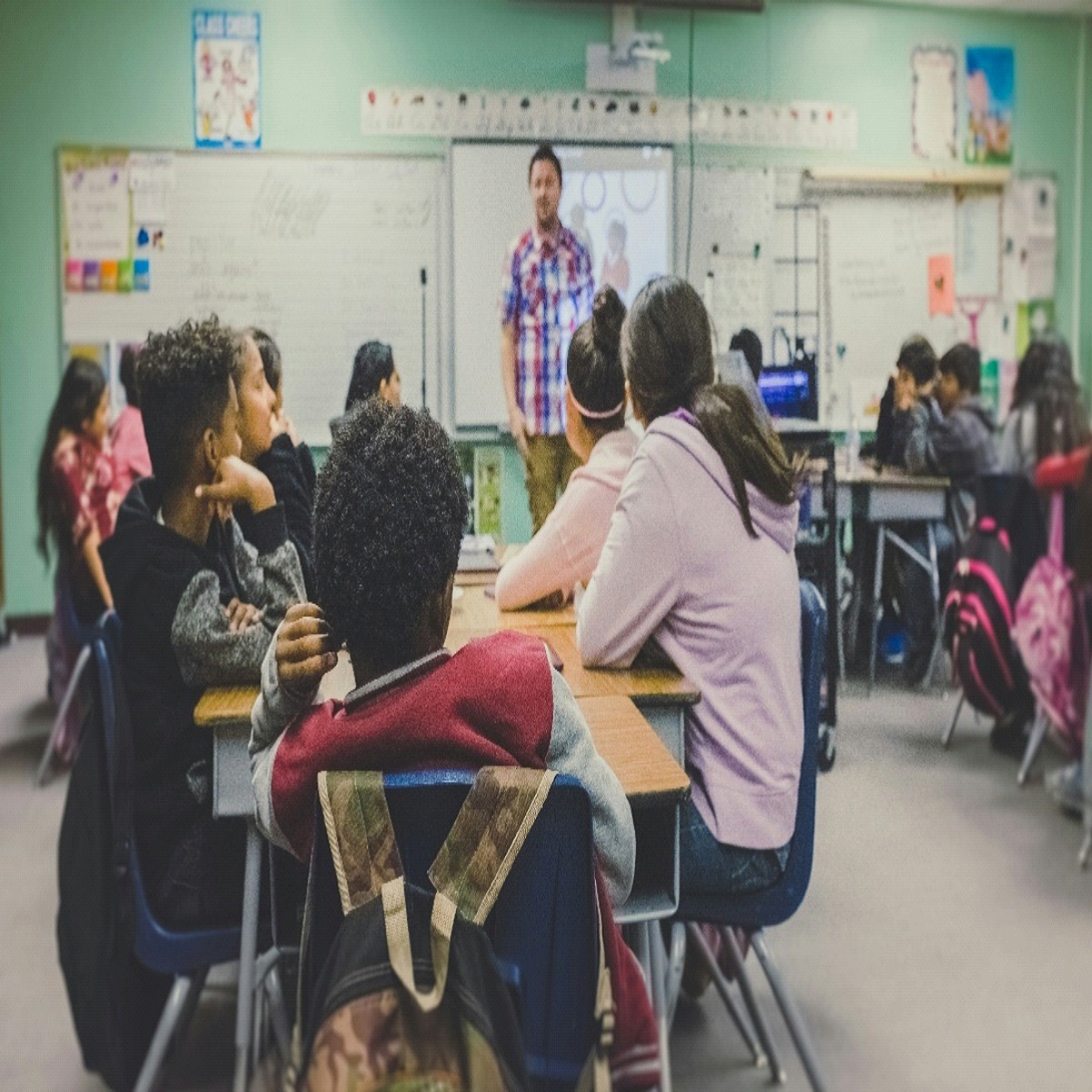
Education is often heralded as the cornerstone of personal and societal development. It is a powerful tool that empowers individuals, transforms societies, and fosters economic growth. This blog post delves into the profound impact of education, exploring its various facets and emphasizing its significance in the modern world.
The Foundation of Personal Development
At its core, education is about more than just acquiring knowledge. It is a holistic process that shapes an individual’s personality, values, and worldview. From early childhood education to higher education, the learning journey equips individuals with critical thinking skills, problem-solving abilities, and a sense of moral responsibility.
Early Childhood Education: Building Blocks for Future Success
The early years of a child’s life are crucial for cognitive, emotional, and social development. Early childhood education (ECE) provides a strong foundation by fostering a love for learning, encouraging curiosity, and promoting social skills. Research indicates that children who participate in high-quality ECE programs are more likely to succeed academically and socially in later years.

lifelong Learning: Adapting to a Changing World in today’s rapidly evolving world, the concept of lifelong learning has gained prominence. The traditional model of education, confined to the early years of life, is no longer sufficient. Continuous learning and skill development are essential to stay relevant in the job market and adapt to technological advancements. Online courses, professional development programs, and self-directed learning are becoming increasingly popular, enabling individuals to upskill and reskill throughout their lives.The Societal Impact of Education
Education is a catalyst for social change and progress. It has the power to break the cycle of poverty, reduce inequality, and promote sustainable development. Educated individuals are more likely to participate in civic activities, advocate for social justice, and contribute to the economic prosperity of their communities.
Education and Economic Growth
There is a strong correlation between education and economic growth. A well-educated workforce is essential for innovation, productivity, and competitiveness. Countries that invest in education tend to have higher levels of economic development and lower rates of unemployment. Education enhances human capital, driving economic progress and improving living standards.
Promoting Social Cohesion and Inclusion
Education fosters social cohesion by promoting values such as tolerance, respect, and empathy. It bridges cultural, ethnic, and religious divides, fostering a sense of unity and shared purpose. Inclusive education, which ensures that all individuals have access to quality education regardless of their background, is vital for building equitable societies. By addressing disparities and promoting equal opportunities, education can help to create a more just and inclusive world.
The Role of Technology in Education
Technology has revolutionized the field of education, offering new opportunities for teaching and learning. The integration of digital tools and resources has transformed traditional classrooms, making education more accessible, engaging, and personalized.
E-Learning: Expanding Access to Education
E-learning has become increasingly popular, particularly in the wake of the COVID-19 pandemic. Online platforms and virtual classrooms have made education accessible to individuals who may not have had the opportunity otherwise. E-learning offers flexibility, allowing learners to study at their own pace and convenience. It also provides access to a vast array of resources and courses, enabling learners to pursue their interests and career goals.
EdTech Innovations: Enhancing Learning Experiences
Educational technology (EdTech) innovations are enhancing learning experiences and outcomes. Interactive tools, such as virtual reality (VR) and augmented reality (AR), create immersive learning environments that engage students and facilitate deeper understanding. Artificial intelligence (AI) and machine learning algorithms are being used to personalize learning, providing tailored recommendations and feedback to students. These technological advancements are making education more effective and enjoyable.
Challenges and Opportunities in Education
Despite the numerous benefits of education, there are significant challenges that need to be addressed to ensure that everyone has access to quality education.
Addressing Inequality in Education
Educational inequality remains a pressing issue, with disparities in access and quality of education across different regions and socio-economic groups. In many parts of the world, children from disadvantaged backgrounds face barriers to education, such as lack of resources, inadequate infrastructure, and social stigma. Addressing these inequalities requires targeted interventions, increased funding, and policies that promote inclusive education.
The Future of Education: Embracing Change
The future of education is shaped by emerging trends and challenges. As technology continues to evolve, the education sector must adapt to prepare students for the demands of the 21st century. Emphasizing skills such as critical thinking, creativity, and digital literacy will be crucial. Additionally, fostering a culture of lifelong learning and resilience will help individuals navigate an uncertain and dynamic world.
Conclusion
Education is a transformative force that unlocks human potential and drives societal progress. It empowers individuals with knowledge, skills, and values, enabling them to contribute meaningfully to their communities and the world at large. As we move forward, it is imperative to address the challenges in education and leverage technological advancements to create inclusive, equitable, and effective education systems. By investing in education, we can build a brighter future for all.
